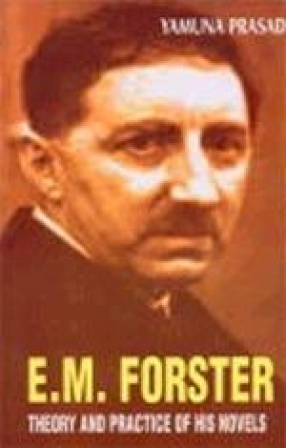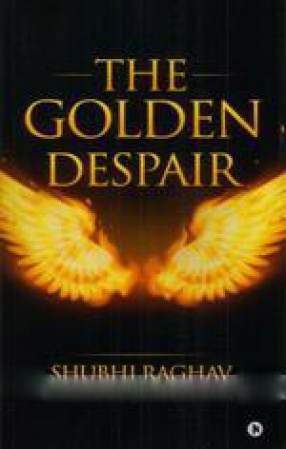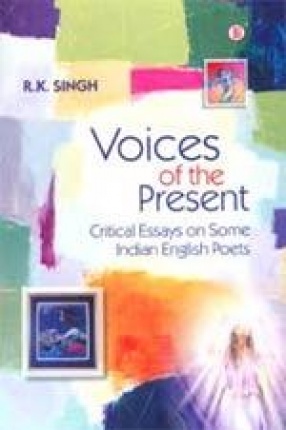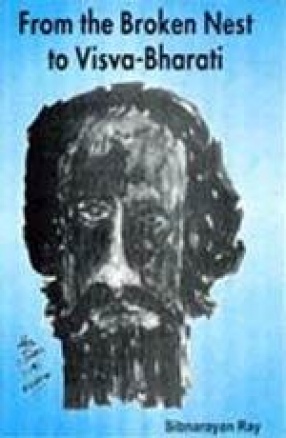In this book, author attempts to explore incisive critical study, a comparatively less investigated field of Forster criticism. James McConkey one of the most perceptive critics of Forster, broke new ground in Forster criticism with the publication of his excellent critique, The Novels of E. M.. Forster (Ithaca, New York, 1957), which inaugurated a new field of inquiry in the meaningful relationship between Forster’s theories in Aspect of the novel (1927) and his practices as reflected in his fiction. Author carries forward this mode of critical inquiry even deeper, and with the greater degree of concentration on such aspects of fiction as ‘pattern’, ‘rhythm’, ‘fantasy’, and ‘prophecy’ than what McConkey seems to have contemplated or intended to achieve. Author’s analysis aptly pursues Forster’s own description and division of rhythm in fiction easy rhythm and ‘difficult’ rhythm. Forster himself follows into the footsteps of Wagner and Beethoven in his personal responses to music and its use as fictional device. Author outlines the five significant aspects of Forster’s approach to rhythm stating that for Forster music "works on five levels. Author’s inter-pretation of this musically achieved form in Forster’s fiction is very perceptive, and competently presented, though he could have explored the wider comparative context as well.
The Golden Despair
$27.90
$31.00





There are no reviews yet.